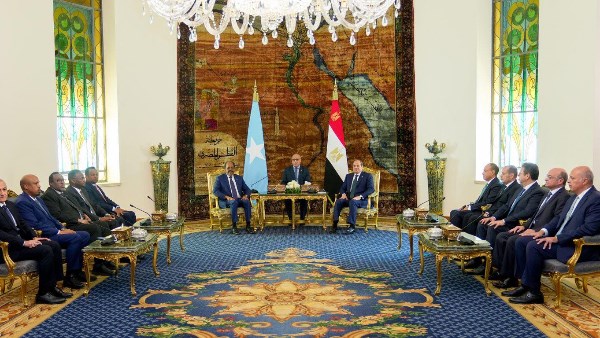Middle East to reduce electricity consumption within the next 3 years
Expectations of a slowdown in Middle East electricity demand growth to 2% in 2023 till 2025

The Middle East region intends to decrease electricity consumption within the next 3 years، leading to a reduction in carbon dioxide intensity as it is expected that the growth in electricity demand in the region will slow down to 2% during the period from 2023 to 2025، compared to 4% last year and 2.6% in 2021.

Electrical interconnection project between Saudi Arabia and Egypt to exchange 3000 megawatts
The Middle East region has made progress with many electrical interconnection projects، with the aim of establishing an infrastructure for electricity trade between Arab countries، including the start of constructing a line with a capacity of 150 megawatts to export electricity from Jordan to Iraq، in addition to a project connecting between Saudi Arabia and Egypt to exchange 3 thousand megawatts، so as to be the main axis in the Arab electrical interconnection as a prelude to the establishment of an electricity common market.
Gas to dominate the sources of electricity production
Gas continues to dominate the sources of electricity production in all countries of the Middle East region، in spite of its efforts in renewable energy projects، as the share of gas in the generation mixture reaches 72%، with expectations of an increase to 77% by 2025.
The International Energy Agency (IEA) expects a decrease in the share of oil in the electricity generation mixture in the region from 21% to 14% between 2022 and 2025، leading by the decline in Saudi Arabia، Kuwait، Iraq and Iran، in addition to an expectation of a decline in the share of coal from 1% to less than 0.3% during the same period، with the UAE's intention to convert the new Hassyan plant from coal to natural gas.
Decline in electricity consumption
The decline in electricity consumption led to a slight increase in the region's emissions by 0.7%، as a result of the decrease in generation emissions from oil and coal، which offset gas-related emissions، as the IEA expects total electricity generation emissions in the Middle East to tumble by 2% between 2022 and 2025 to record 710 million tons of carbon dioxide.
The electricity generation's carbon emissions intensity in the region declined by approximately 2% in 2022، to 540 grams per kilowatt-hour.
Electricity demand growth declined in the UAE by 3% in 2022
Saudi Arabia is one of the most prominent countries that achieved a decline in the electricity consumption growth in the Middle East region، as the demand growth rate in 2022 reached 2%، compared to 5.5% in 2021، and the IEA data also shows a slowdown in the growth of electricity demand in the UAE to 3% during the past year، compared to 9% in 2021.









-1120252475029447.jpg)














